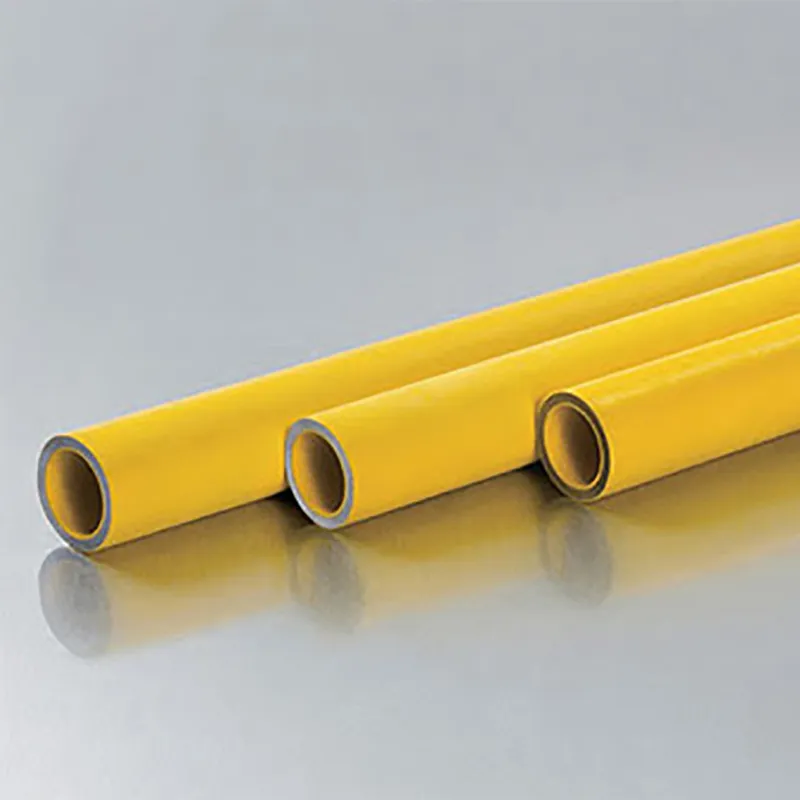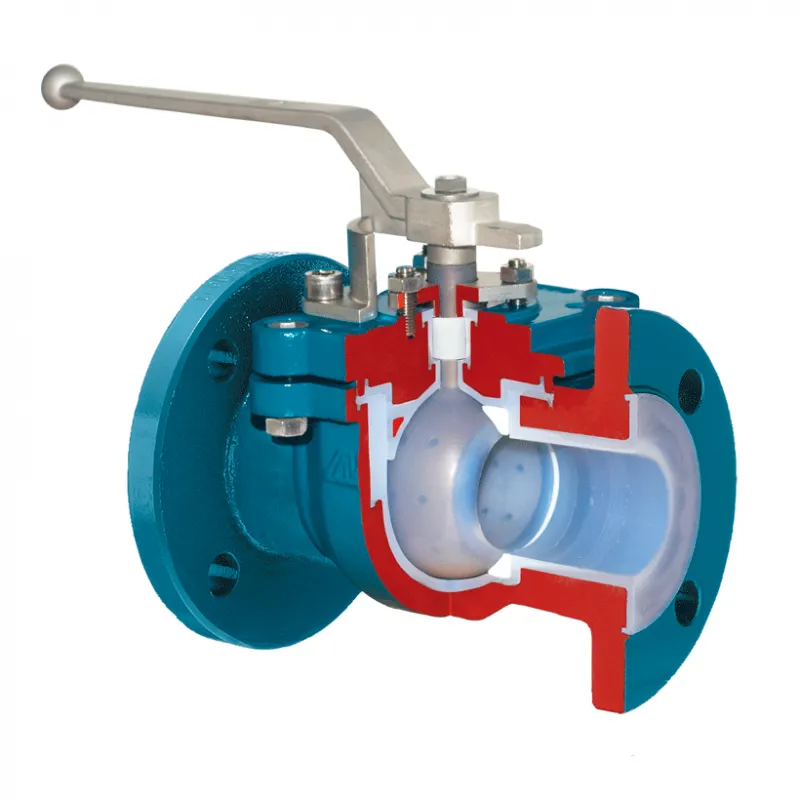HDPE (high-density polyethylene) electrofusion fittings are increasingly being used in Algeria due to their numerous benefits, including strong and durable joints, chemical and corrosion resistance, and cost-effectiveness. In this article, we will discuss the various applications of HDPE electrofusion fittings in Algeria, the different types of fittings available, and their advantages over traditional piping materials.
Applications of HDPE Electrofusion Fittings in Algeria:
1. Water Supply:
HDPE electrofusion fittings are widely used in water supply systems in Algeria. The country's aging water infrastructure has led to frequent leaks and bursts, resulting in significant water losses. HDPE electrofusion fittings provide a reliable and long-lasting solution for repairing and replacing the existing water infrastructure.
2. Gas Distribution:
HDPE electrofusion fittings are commonly used in gas distribution systems in Algeria. The country has significant natural gas reserves, and the demand for natural gas is increasing rapidly. HDPE electrofusion fittings provide a safe and reliable solution for distributing natural gas to homes and businesses.
3. Sewage Systems:
HDPE electrofusion fittings are also suitable for use in sewage systems in Algeria. The country has a growing population and urbanization rate, leading to increased demand for wastewater treatment facilities. HDPE electrofusion fittings provide a cost-effective and durable solution for constructing and maintaining these facilities.
Advantages of HDPE Electrofusion Fittings:
1. Strong and Durable Joints:
HDPE electrofusion fittings create strong and durable joints that can withstand pressure and extreme weather conditions. The fusion process ensures a tight and secure connection between the pipe and fitting, which eliminates the risk of leaks or separation.
2. Chemical and Corrosion Resistance:
HDPE electrofusion fittings are resistant to chemicals and corrosion, making them suitable for use in harsh environments where other materials may degrade over time. They are also resistant to UV radiation, which makes them ideal for outdoor applications.
3. Flexibility and Versatility:
HDPE electrofusion fittings are flexible and versatile, making them suitable for use in a wide range of applications. They can be used with pipes of different sizes and types and can be easily installed in tight spaces or complex layouts.
4. Cost-Effective:
HDPE electrofusion fittings are cost-effective, as they require less maintenance and repair than other materials. The durability and longevity of HDPE also mean that replacement costs are minimized over time.
Types of HDPE Electrofusion Fittings:
1. Couplings:
Couplings are used to join two HDPE pipes of the same size together. They are available in different sizes and configurations, including straight couplings, reducing couplings, and flange adaptors.
2. Elbows:
Elbows are used to change the direction of HDPE pipes at a certain angle. They are available in different angles, including 90 degrees, 45 degrees, and 22.5 degrees.
3. Tees:
Tees are used to create a branch or split in a pipeline. They are available in different configurations, including equal tees and reducing tees.
4. Reducers:
Reducers are used to connect two HDPE pipes of different sizes together. They are available in different configurations, including concentric reducers and eccentric reducers.
Conclusion:
HDPE electrofusion fittings are an excellent choice for Algeria's growing infrastructure needs due to their numerous benefits, including strong and durable joints, chemical and corrosion resistance, flexibility and versatility, and cost-effectiveness. With different types of fittings available, including couplings, elbows, tees, and reducers, HDPE electrofusion fittings can be used in a variety of applications, including water supply, gas distribution, and sewage systems. As Algeria continues to invest in its infrastructure, HDPE electrofusion fittings will play an increasingly important role in providing reliable and long-lasting solutions for its water, gas, andsewage needs. In addition, the adoption of HDPE electrofusion fittings can also help Algeria reduce its carbon footprint, as HDPE is a more sustainable and environmentally friendly material compared to traditional piping materials.
In Algeria, there are several suppliers and manufacturers of HDPE electrofusion fittings, offering a wide range of products to meet different needs and requirements. Some of the top suppliers in Algeria include Pipe And Fitting, Global Pipe Company, and Entreprise des Travaux Maritimes et Terrestres (ETMT).
When considering purchasing HDPE electrofusion fittings in Algeria, it is important to consider factors such as the quality of the products, the supplier's reputation, and the cost-effectiveness of the fittings. It is also essential to ensure that the fittings comply with relevant standards and regulations to ensure safe and reliable operation.
In conclusion, HDPE electrofusion fittings are a versatile and cost-effective solution for Algeria's growing infrastructure needs. With their strong and durable joints, chemical and corrosion resistance, flexibility and versatility, and cost-effectiveness, they are an excellent choice for water supply, gas distribution, and sewage systems. As Algeria continues to invest in its infrastructure, the adoption of HDPE electrofusion fittings is likely to increase, providing long-lasting and reliable solutions for the country's needs.
938.webp)


257.webp)
818.webp)
121.webp)
241.webp)
294.webp)
476.webp)
420.webp)
146.webp)
460.webp)
287.webp)
274.webp)
688.webp)


